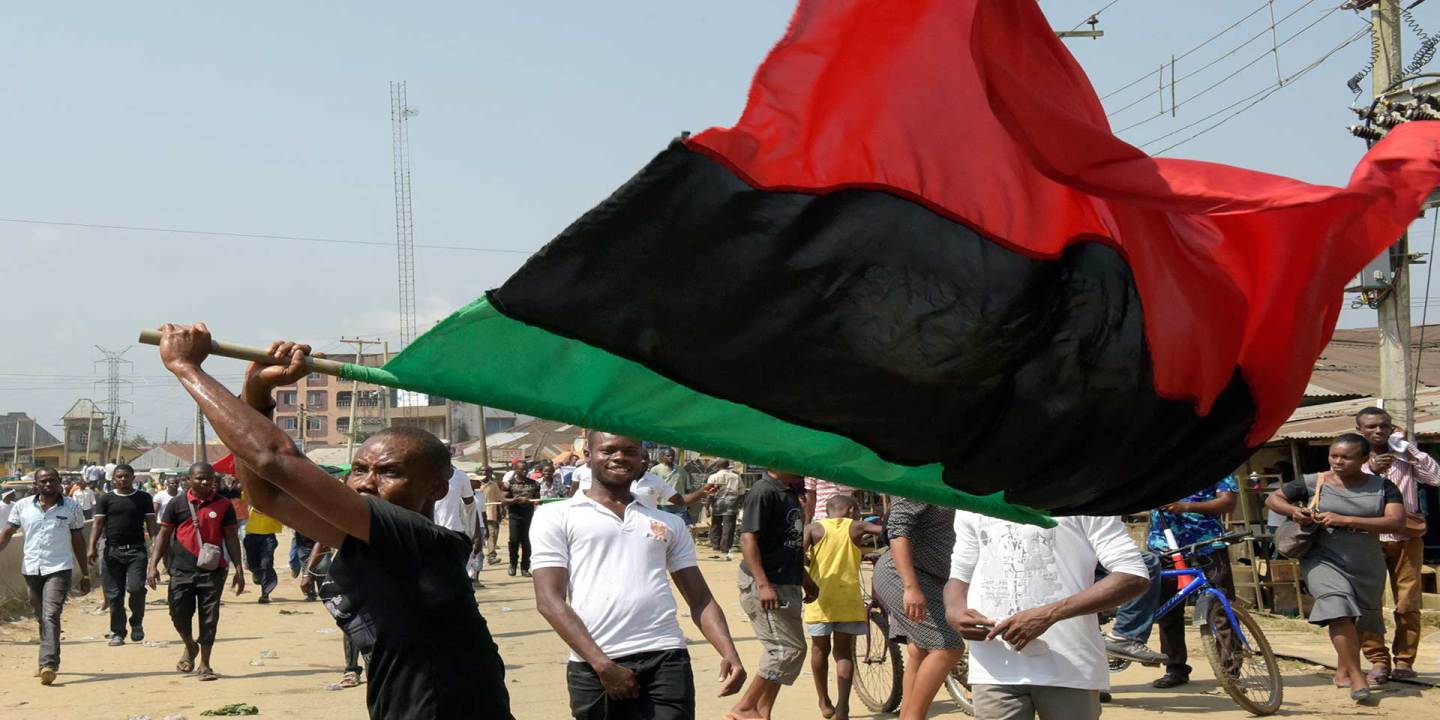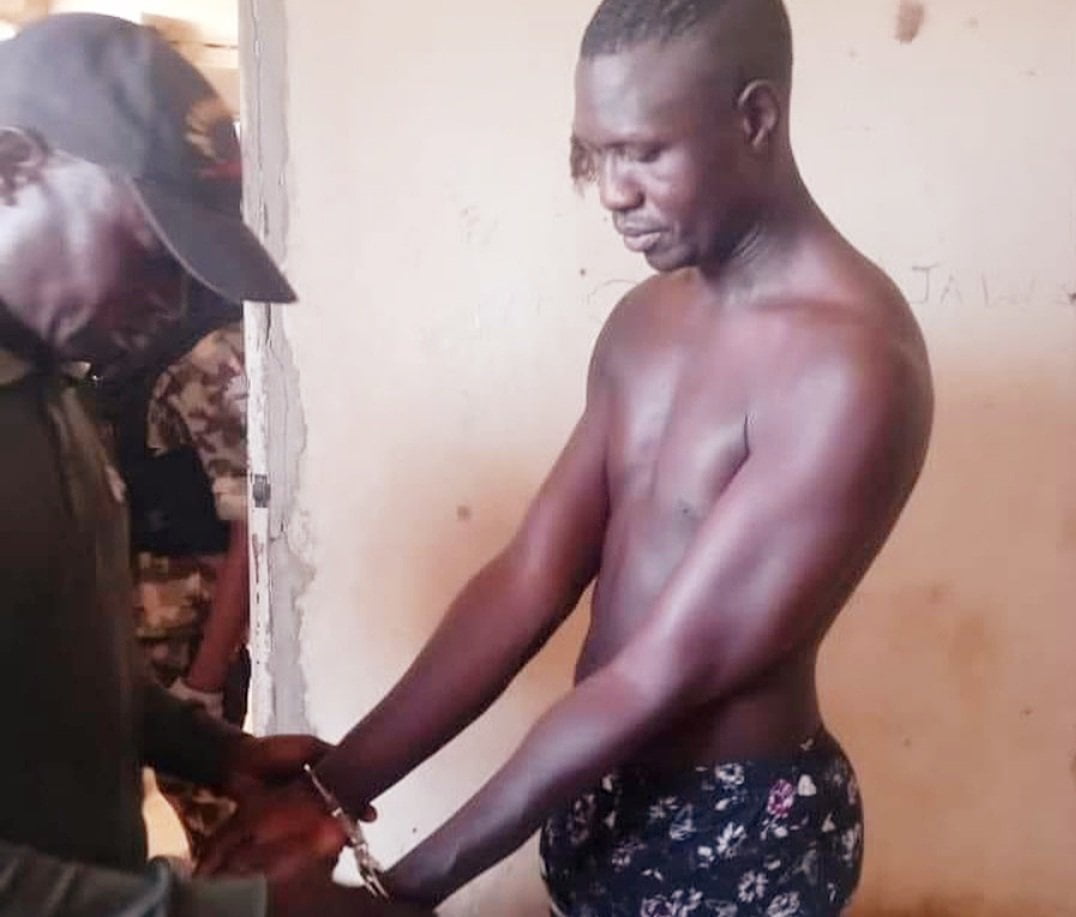The Acting Governor of the Central Bank of Nigeria, Folashodun Shonubi, has said the apex bank will repay banks all outstanding forward contract debts in the next one to two weeks.
Although he did not disclose the total amount of the outstanding dollar debts, a report by JPMorgan, a United States-based bank in a recent report put the total amount of forward contract debt owed by the CBN at $6.84bn.
The acting CBN governor who also dismissed the JPMorgan report, however, said the apex bank had been discussing with banks for a while, adding that the forward contract debts would be repaid in one or two weeks.
Shonubi, who spoke in Lagos, said, “There is no outstanding $7bn as claimed by JP Morgan. It was just their opinion that was put on paper, and many people jumped on it
“In response to questions about the backlogs, the banks have been working with the CBN on various structures to clear them. So, what happens is that at maturity, they make the foreign exchange available to those that need it.
“We are discussing with them so we can structure their own. So, we are working towards clearing them in the next one or two weeks. It is something we have been discussing for a while.”
CBN clamps down
Meanwhile, the CBN governor also said the apex bank was probing one Crown Agent, a Bureau De Change operator, for bringing forex into the country illegally and selling it to Nigerians.
He vowed that the apex bank would deal with all erring BDC operators in the country.
“We have reason to believe that, we have been working with international agencies on this. We are looking at those who do not follow through the normal system, send it through them, and sell it to Nigerian companies. They can expect to hear from us shortly. And they will not be the only ones.”
The CBN governor said the lender was still intervening in the market to stabilise the forex rate.
Shonubi, while reaffirmed the CBN’s ongoing intervention in the market, emphasised its commitment to stabilising exchange rates despite contributing less than 25 per cent of the market volume.
According to him, the CBN’s intervention goes beyond regulatory oversight, noting that it aims to ensure rate stability.
This approach, he said, allowed the CBN to effectively manage the flow of foreign exchange and ensure a balanced supply to the financial sector.
“Today, we are still intervening in the market. It is not as if it has affected our ability to make money available in the I&E market. When you look at the volumes, the CBN contributed less than 25 per cent.
“The CBN doesn’t aim to be a regulator player but wants to stabilise the rate. There is so much foreign exchange that people don’t talk about that is being made available that banks are selling to their customers. It doesn’t appear as demand to CBN, but it is significant,” he added.




